-
 Cheyenne Haney (MA ‘11) shares her experience of Japan through storytelling and connectionFor over 10 years, Cheyenne Haney has been living abroad in Japan and is on her way to permanent residency. After earning her M.A.
Cheyenne Haney (MA ‘11) shares her experience of Japan through storytelling and connectionFor over 10 years, Cheyenne Haney has been living abroad in Japan and is on her way to permanent residency. After earning her M.A. -
 College of Arts and Sciences announces upcoming interdisciplinary forums for the 2025 – 2026 academic yearThe following is the schedule of forums for the 2025 – 2026 academic year. The forums will take place on Fridays between 1:25 p.m.
College of Arts and Sciences announces upcoming interdisciplinary forums for the 2025 – 2026 academic yearThe following is the schedule of forums for the 2025 – 2026 academic year. The forums will take place on Fridays between 1:25 p.m. -
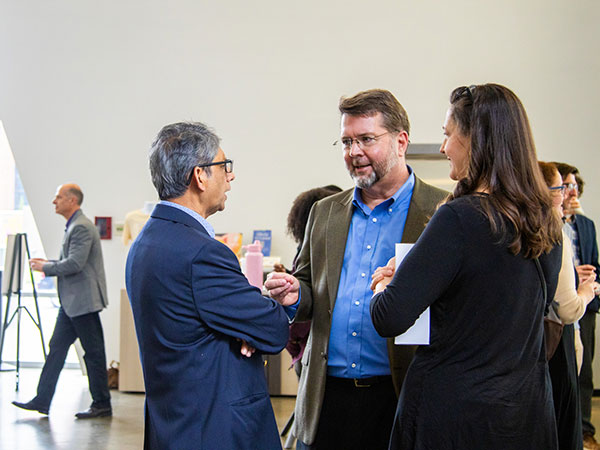 College of Arts and Sciences faculty members published 17 books in 2024College of Arts and Sciences faculty gathered at the Abroms-Engel Insitute for the Visual Arts on April 21 to celebrate 19 authors.
College of Arts and Sciences faculty members published 17 books in 2024College of Arts and Sciences faculty gathered at the Abroms-Engel Insitute for the Visual Arts on April 21 to celebrate 19 authors. -
 Attend a UAB Arts Week event March 31-April 8Presented by the UAB College of Arts and Sciences, Arts Week events showcase students from the departments of Art and Art History, English, History, Music, and Theatre.
Attend a UAB Arts Week event March 31-April 8Presented by the UAB College of Arts and Sciences, Arts Week events showcase students from the departments of Art and Art History, English, History, Music, and Theatre. -
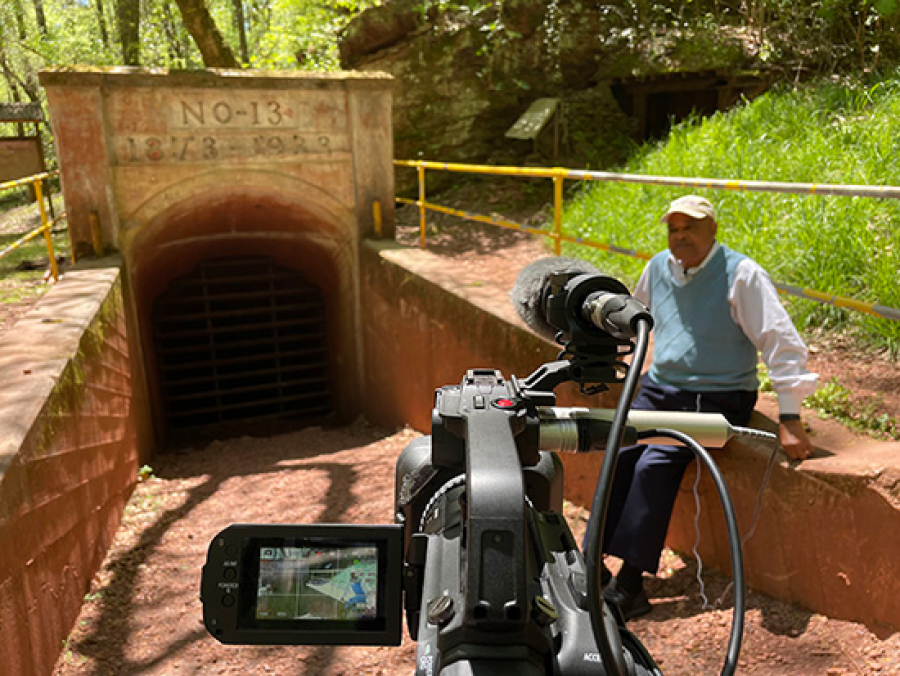 History classes at UAB collaborate with local community organizations to preserve Birmingham historyThe project “Go Tell It on Red Mountain” features scholars with expertise on labor history, industrial history, and the lives of those who resided and worked on and around Red Mountain, as well as residents of the Wenonah community.
History classes at UAB collaborate with local community organizations to preserve Birmingham historyThe project “Go Tell It on Red Mountain” features scholars with expertise on labor history, industrial history, and the lives of those who resided and worked on and around Red Mountain, as well as residents of the Wenonah community. -
 Carlisle shares impactful stories through filmsOliver Carlisle, an anthropology major with minors in women and gender studies and film, is preparing to graduate from the University of Alabama at Birmingham in December 2024. Throughout their time at UAB, Carlisle embraced opportunities to combine multiple disciplines and apply that interdisciplinary learning into real, tangible outcomes.
Carlisle shares impactful stories through filmsOliver Carlisle, an anthropology major with minors in women and gender studies and film, is preparing to graduate from the University of Alabama at Birmingham in December 2024. Throughout their time at UAB, Carlisle embraced opportunities to combine multiple disciplines and apply that interdisciplinary learning into real, tangible outcomes. -
 Traci Jones keeps history alive as Park Ranger for A.G. Gaston MotelThat is what University of Alabama at Birmingham alumna Traci Jones is able to provide as Park Ranger for the A.G. Gaston Motel, located within Birmingham’s Civil Rights District.
Traci Jones keeps history alive as Park Ranger for A.G. Gaston MotelThat is what University of Alabama at Birmingham alumna Traci Jones is able to provide as Park Ranger for the A.G. Gaston Motel, located within Birmingham’s Civil Rights District. -
 Buchwalter’s time at UAB has led to a variety of pursuits, from teaching to TikTok“There was just something about her raw curiosity and desire for knowledge that made teaching something I wanted to pursue,” said Buchwalter, who went on to major in history—with a double minor in philosophy and criminal justice—and later earn a master’s in social science education.
Buchwalter’s time at UAB has led to a variety of pursuits, from teaching to TikTok“There was just something about her raw curiosity and desire for knowledge that made teaching something I wanted to pursue,” said Buchwalter, who went on to major in history—with a double minor in philosophy and criminal justice—and later earn a master’s in social science education. -
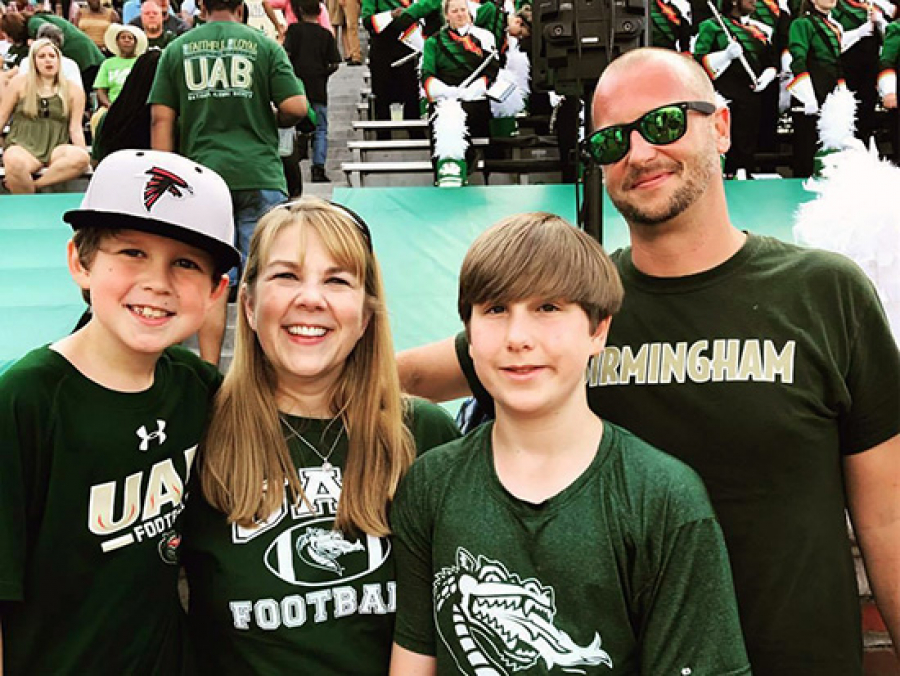 More than music: Alumni couples, legacy families in the UAB Marching BlazersMeet the couples who met in the Marching Blazers, and the students marching this year whose alumni parents are passing along their Blazer spirit.
More than music: Alumni couples, legacy families in the UAB Marching BlazersMeet the couples who met in the Marching Blazers, and the students marching this year whose alumni parents are passing along their Blazer spirit. -
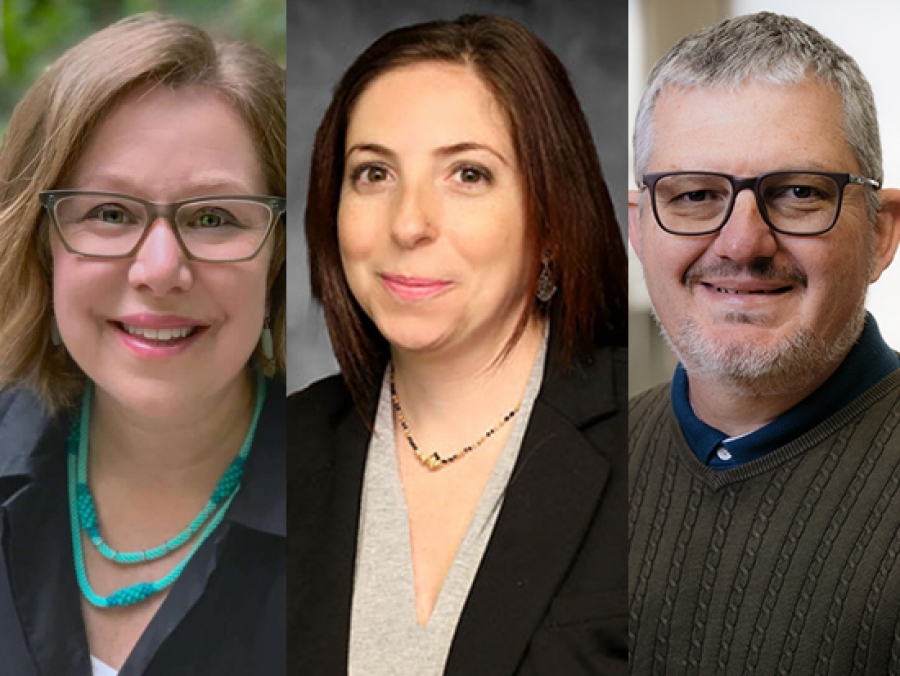 3 honored with Provost's Awards for Faculty ExcellenceMichele Forman, Samantha Giordano-Mooga and Joe March demonstrated extraordinary commitment to engaging undergraduate students in service learning, undergraduate research and core teaching.
3 honored with Provost's Awards for Faculty ExcellenceMichele Forman, Samantha Giordano-Mooga and Joe March demonstrated extraordinary commitment to engaging undergraduate students in service learning, undergraduate research and core teaching. -
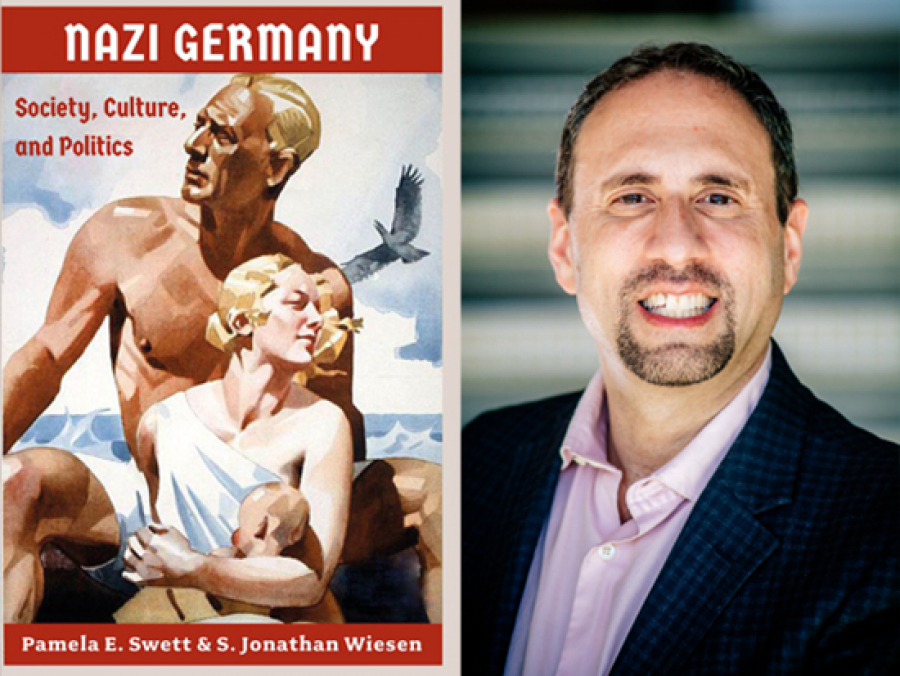 Professor’s new textbook challenges myths about Nazi GermanyIn “Nazi Germany: Society, Culture and Politics,” Jonathan Wiesen, Ph.D., professor in the Department of History, highlights the current understanding, which has been slow to appear in textbooks, of the “tension between coercion and consensus” in the Nazi period, he said.
Professor’s new textbook challenges myths about Nazi GermanyIn “Nazi Germany: Society, Culture and Politics,” Jonathan Wiesen, Ph.D., professor in the Department of History, highlights the current understanding, which has been slow to appear in textbooks, of the “tension between coercion and consensus” in the Nazi period, he said. -
 College of Arts and Sciences hosts symposium focused on health humanitiesOn September 27, 2024, the University of Alabama at Birmingham’s College of Arts and Sciences hosted a half-day Health Humanities Symposium for faculty members and graduate students.
College of Arts and Sciences hosts symposium focused on health humanitiesOn September 27, 2024, the University of Alabama at Birmingham’s College of Arts and Sciences hosted a half-day Health Humanities Symposium for faculty members and graduate students. -
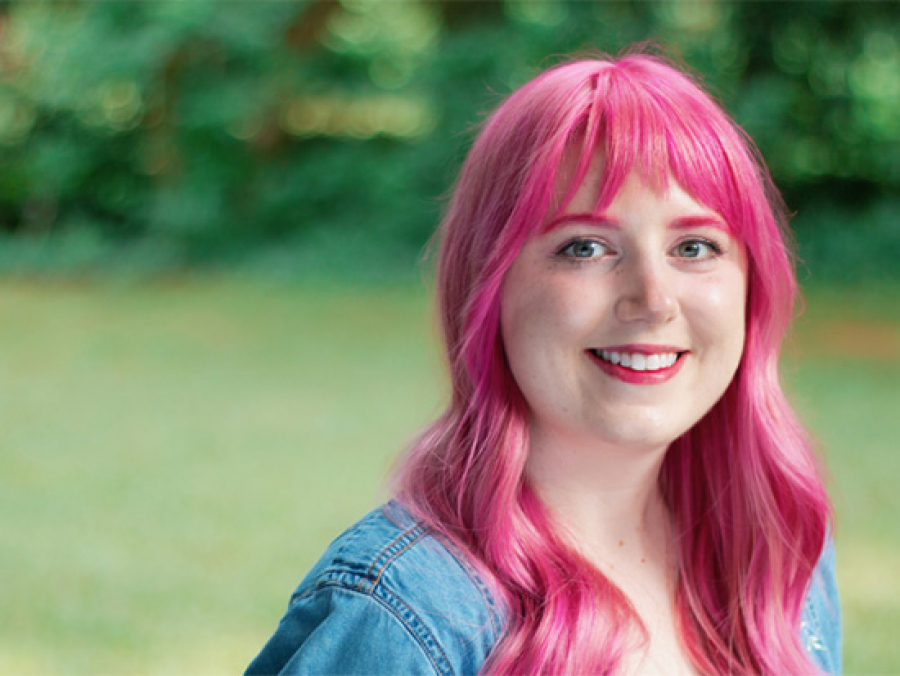 Graphic design at UAB gives artist the skills to lead clients to the topThis spring, Samantha Richardson won her second Mosaic Award, the American Advertising Federation’s highest honor, for her work with a new Birmingham, Alabama, nonprofit, In Solidarity: The Beth El Civil Rights Experience.
Graphic design at UAB gives artist the skills to lead clients to the topThis spring, Samantha Richardson won her second Mosaic Award, the American Advertising Federation’s highest honor, for her work with a new Birmingham, Alabama, nonprofit, In Solidarity: The Beth El Civil Rights Experience. -
 History students research, author blogs for Alabama publicationHistory students at the University of Alabama at Birmingham are helping Alabama Heritage magazine share important stories about Alabama’s history. History students at the University of Alabama at Birmingham are helping Alabama Heritage magazine share important stories about Alabama’s history.
History students research, author blogs for Alabama publicationHistory students at the University of Alabama at Birmingham are helping Alabama Heritage magazine share important stories about Alabama’s history. History students at the University of Alabama at Birmingham are helping Alabama Heritage magazine share important stories about Alabama’s history. -
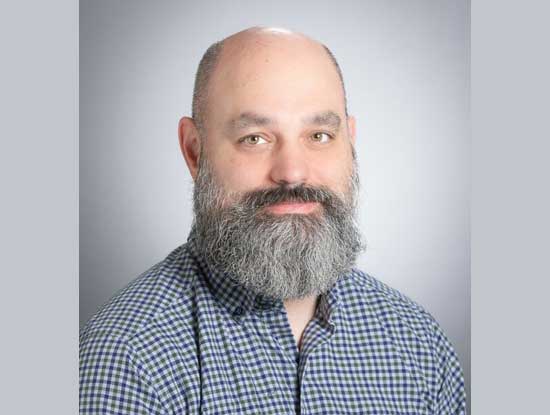 Ward to serve as new chair of the Department of HistoryWalter Ward, Ph.D., will serve as the next chair of the Department of History in the University of Alabama at Birmingham’s College of Arts and Sciences. Walter Ward, Ph.D., will serve as the next chair of the Department of History in the University of Alabama at Birmingham’s College of Arts and Sciences.
Ward to serve as new chair of the Department of HistoryWalter Ward, Ph.D., will serve as the next chair of the Department of History in the University of Alabama at Birmingham’s College of Arts and Sciences. Walter Ward, Ph.D., will serve as the next chair of the Department of History in the University of Alabama at Birmingham’s College of Arts and Sciences. -
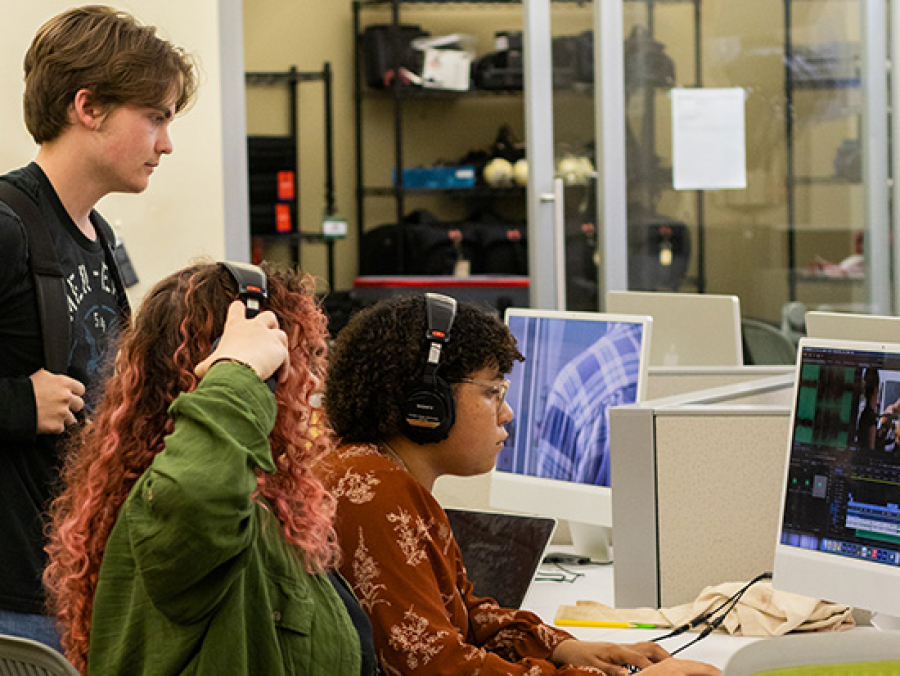 Documentaries created by UAB media studies students to premiere at the McWane Science Center IMAX Theatre, April 24UAB Media Studies students learn how to make documentary films focusing on communities and issues they care about in a semester.
Documentaries created by UAB media studies students to premiere at the McWane Science Center IMAX Theatre, April 24UAB Media Studies students learn how to make documentary films focusing on communities and issues they care about in a semester. -
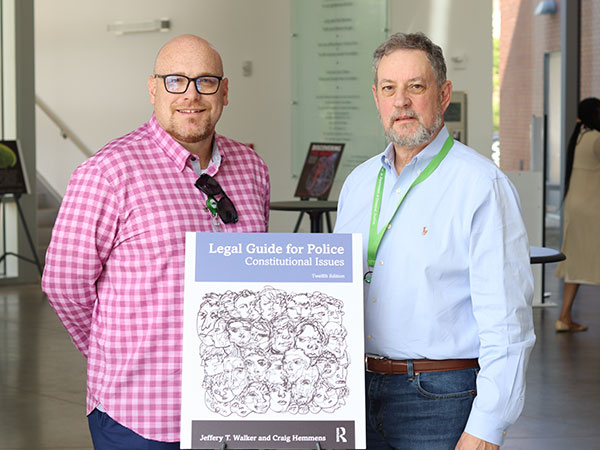 Celebrating CAS Authors: 20 faculty members in the College of Arts and Sciences published books in 2023Twenty faculty members across multiple departments in the University of Alabama at Birmingham’s College of Arts and Sciences wrote or edited 23 books last year. Twenty faculty members across multiple departments in the University of Alabama at Birmingham’s College of Arts and Sciences wrote or edited 23 books last year.
Celebrating CAS Authors: 20 faculty members in the College of Arts and Sciences published books in 2023Twenty faculty members across multiple departments in the University of Alabama at Birmingham’s College of Arts and Sciences wrote or edited 23 books last year. Twenty faculty members across multiple departments in the University of Alabama at Birmingham’s College of Arts and Sciences wrote or edited 23 books last year. -
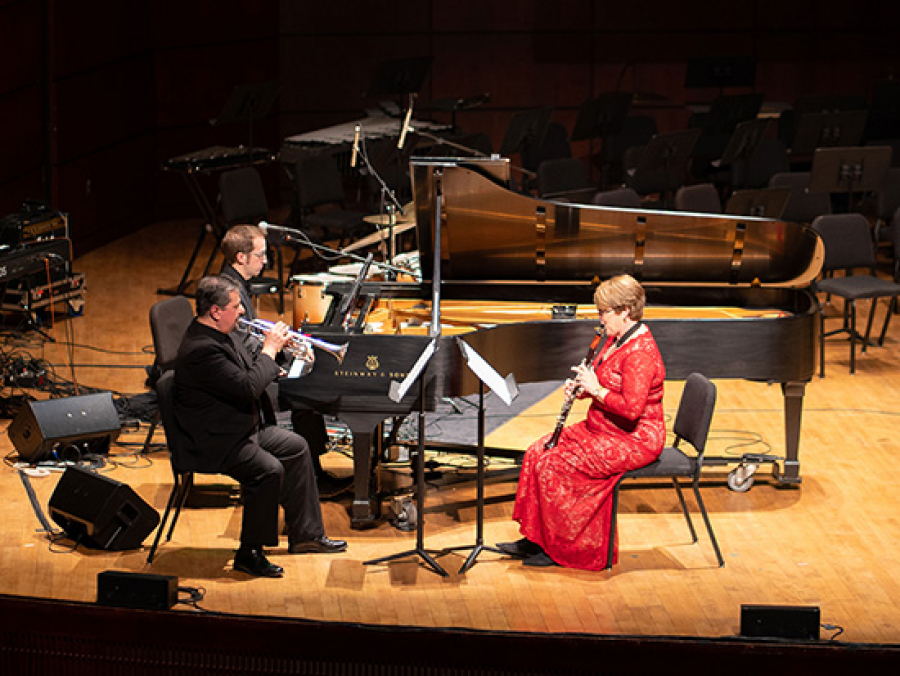 World premiere performance of music and films inspired by Alabamians, “The Courage Lies Within You,” is April 13In this free multimedia presentation, the UAB Chamber Trio will perform 11 new works of music, with original films created by students in honor of noteworthy people from Alabama.
World premiere performance of music and films inspired by Alabamians, “The Courage Lies Within You,” is April 13In this free multimedia presentation, the UAB Chamber Trio will perform 11 new works of music, with original films created by students in honor of noteworthy people from Alabama. -
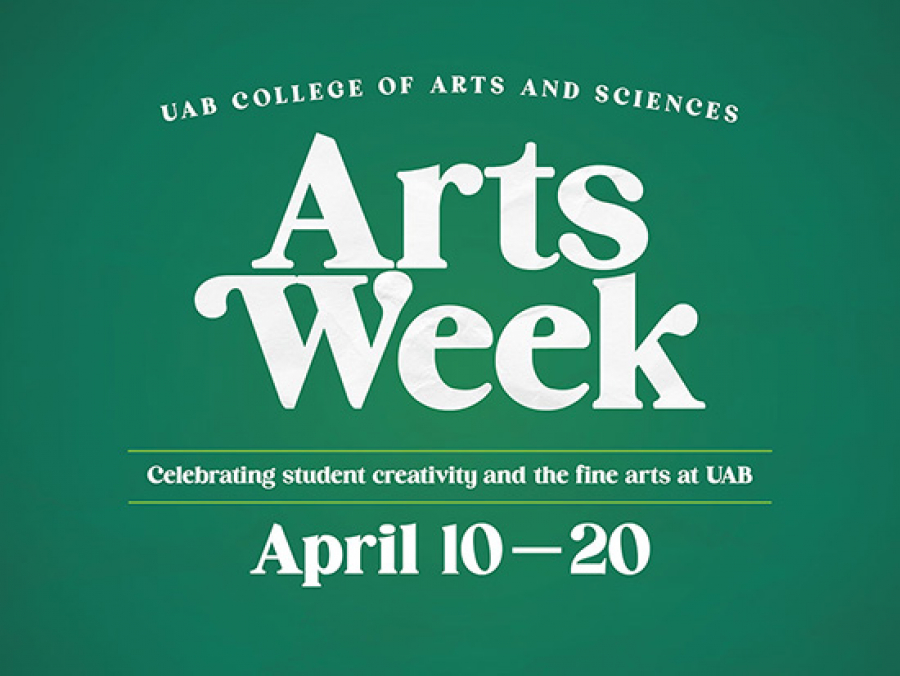 UAB Arts Week 2024 is set for April 10-20Experience the arts on campus and in the community with this showcase of performances and events featuring students in the College of Arts and Sciences.
UAB Arts Week 2024 is set for April 10-20Experience the arts on campus and in the community with this showcase of performances and events featuring students in the College of Arts and Sciences. -
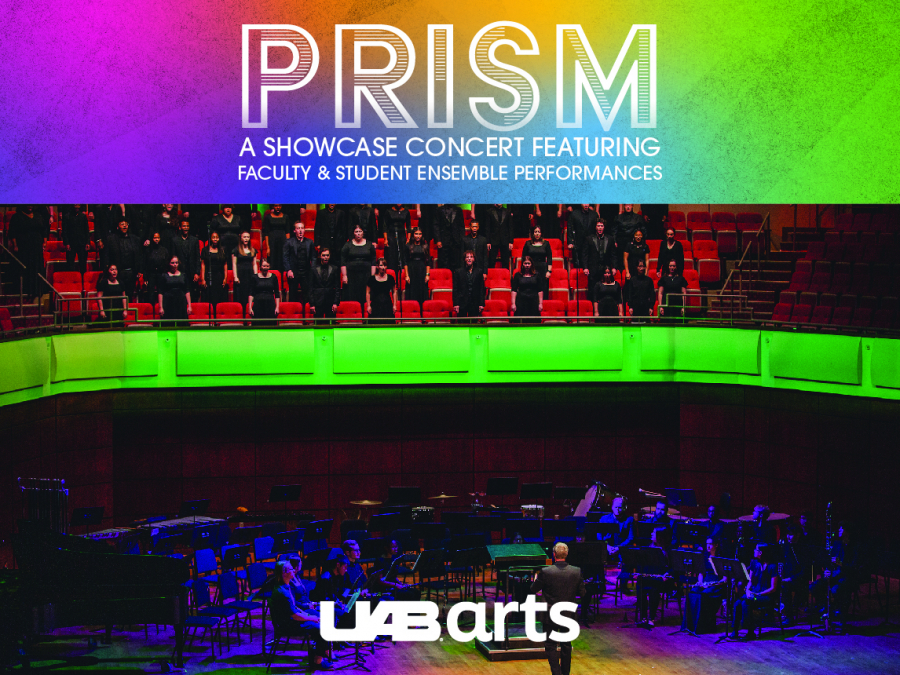 Sample the sounds of UAB’s Department of Music with the PRISM concert April 1This annual showcase concert features soloists and ensembles, choirs, bands and pianists performing music from classical, gospel and jazz to world music, electronic and more.
Sample the sounds of UAB’s Department of Music with the PRISM concert April 1This annual showcase concert features soloists and ensembles, choirs, bands and pianists performing music from classical, gospel and jazz to world music, electronic and more.